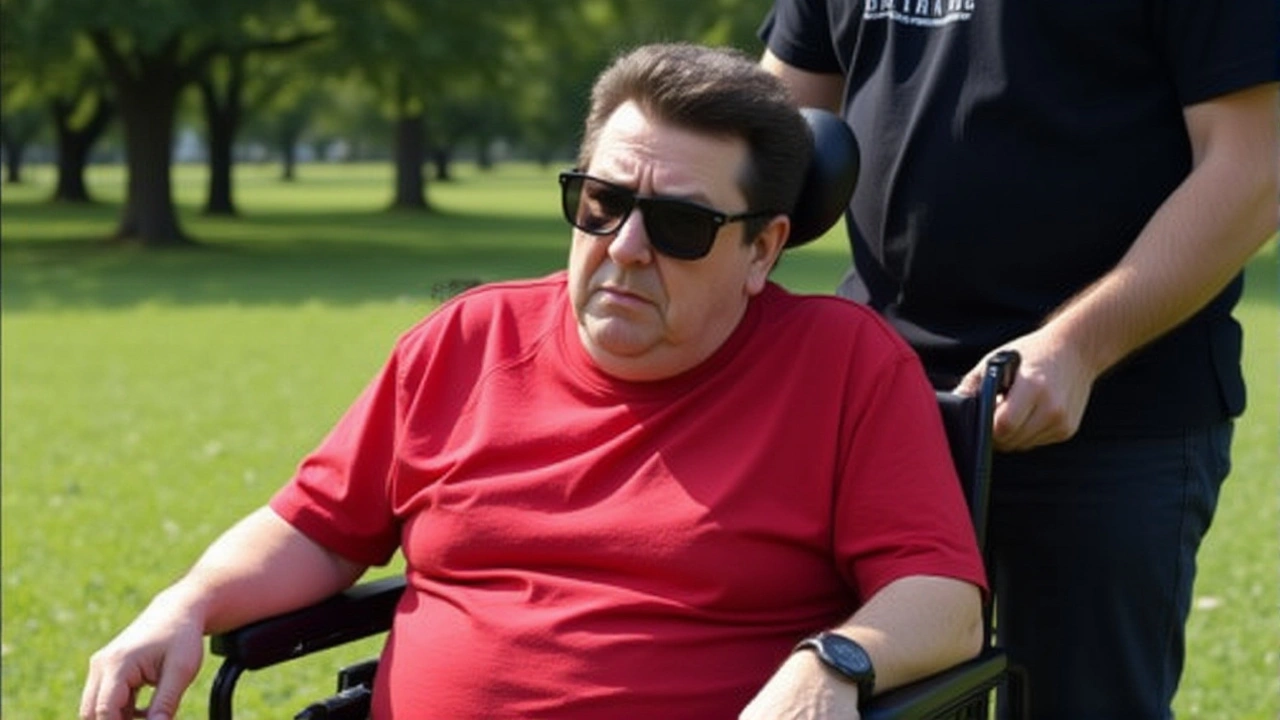Stroke – What It Is, How It Hits, and How to Fight It
When you hear the word stroke, you probably picture a medical emergency that strikes without warning. stroke, a sudden loss of brain function caused by blocked or burst blood vessels. Also known as cerebrovascular accident, it can cripple thinking, speech and movement in minutes.
The condition splits mainly into two forms. The first, ischemic stroke, occurs when a clot blocks an artery supplying the brain, accounts for about 85% of cases. The second, hemorrhagic stroke, happens when a vessel bursts and bleeds into brain tissue. Knowing which type you’re dealing with matters because treatment paths differ: clot‑busting drugs help ischemic strokes, while surgery may be needed for hemorrhagic ones. Both share one rule – time is brain. The faster you spot the warning signs, the better the chances of a full recovery.
Spotting the Signs and Acting Fast
Stroke symptoms follow a simple pattern: face droops, arm weakens, speech slurs – the FAST acronym is a handy reminder. Other clues include sudden confusion, vision loss, severe headache, or loss of balance. When any of these appear, call emergency services right away. Early imaging (CT or MRI) confirms the type, letting doctors start the right therapy within the crucial golden hour. While you wait for help, keep the person calm, note the time you first noticed symptoms, and avoid giving food or drink.
Recovery doesn’t stop at the hospital. Rehabilitation – physical, occupational and speech therapy – rebuilds strength and coordination. Lifestyle changes shrink the risk of another stroke: quit smoking, control blood pressure, manage diabetes, eat a balanced diet, and stay active. Medications like antiplatelets or anticoagulants may be prescribed to keep clots at bay. Even small steps, like walking daily or cutting back on salty snacks, add up to big protection over time.
Now that you know what a stroke looks like, why it matters, and how to respond, you’ll see why the articles below matter. From deep‑dive pieces on treatment advances to personal stories about life after a stroke, the collection offers practical insights you can use right now. Keep scrolling to explore the full range of resources and stay ahead of this silent killer.

Tim Curry Says He Still Can’t Walk at Rocky Horror 50‑Year Celebration
Tim Curry, 79, revealed at the Rocky Horror 50th anniversary in Los Angeles that he still can't walk, shared his stroke story, and previewed his memoir Vagabond.